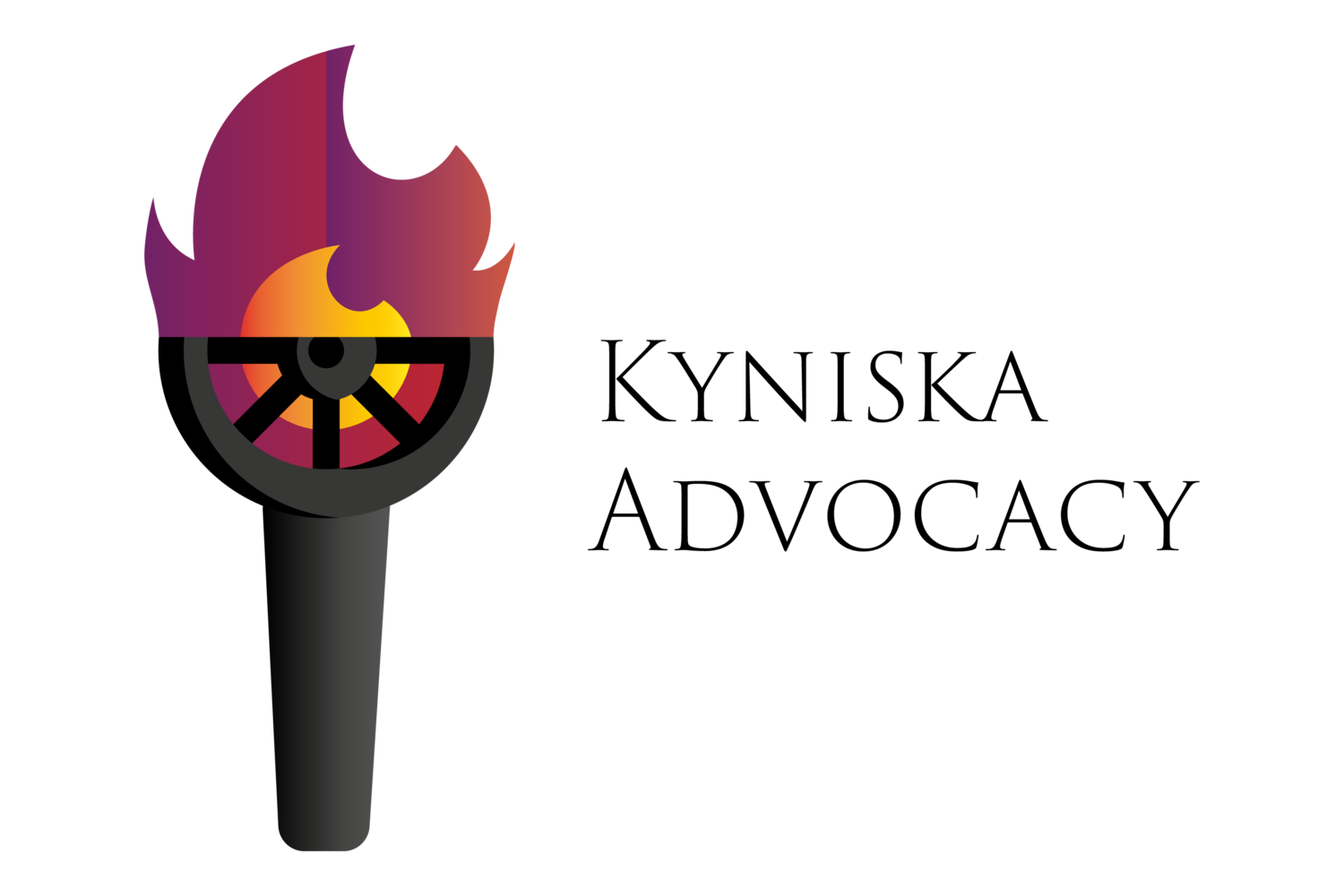It’s not ok. Not now, not before, not ever.
It’s not ok. It’s never been ok. Not now, not before, not ever. Sexual Abuse & Sexual Violence Awareness Week is a chance for us to capitalize on increased media coverage and underscore the issue.
However, at Kyniska we know that sexual abuse and sexual violence in sport needs far more than a week in the spotlight. Ever since the #ZeroToleranceUKA campaign for lifetime bans for abusive coaches, Kyniska have been fighting week in, week out, to make sure every woman and girl can fairly and safely practice and participate in sports. We are drawing attention to the issue whilst providing solutions to make sport safe for everyone.
In recent years there has been an influx of media coverage on abusive environments and cultures in sport. Whilst this increased coverage is welcomed, it is somewhat overwhelming and deeply disturbing proof of just how rife sexual violence and abuse is in sport. This also draws damning attention to the unequivocally meager progress that has been made to make sport safer. At Kyniska, we are holding NGBs and government to account, making it clear that words are not enough - the evidence is there; we do not need more reviews to tell us that sport has a major problem with sexual abuse and sexual violence.
In our 2022 report “Stamping Out Sexual Violence in Sport” we highlighted that the very nature of sport creates unique risks when it comes to the safety and welfare of participants. Sport is inherently physical, so contact between athletes and coaches is normal, and this can be used as a pretext for sexual violence. In fact, many people with lived experience have reported that the sexual violence they experienced followed, or happened during, legitimate physical contact such as sports massages or medical examinations.
Furthermore, significant power imbalances within relationships and a “success at all costs” mindset in sport can lead to extreme and abusive coaching techniques being tolerated or even praised if they lead to medals. Inappropriate behavior or rumours about coaches or management may be brushed aside if their work is viewed as pivotal to success. Athletes’ future success and careers lies heavily in the hands of coaches and management; athletes are taught from a young age to be grateful for the support they receive and be seen to be friendly and positive in order to fit the mould of the idealised athlete. Suffice to say, sport can create an extremely difficult environment in which athletes may feel unable to report abusive experiences.
There remains a culture within some sports which accommodates verbal, physical and even sexually abusive behaviour in the guise of “banter”, “initiations” or “team-bonding”. This speaks to a high frequency of peer abuse and harassment. Professionalisation of many sports has seen much of this behaviour eliminated, however, in amateur, grassroots, school and university sport, incidents of abuse are still accepted as part of the culture. Despite cases being regularly reported, many more instances are seen as a normal part of the sporting experience.
The burning issue is that current policy and resources to prevent sexual abuse and violence are inadequate and inconsistent, and the weak - if at all present - faith in the system does no favours for those wishing to speak up in the midst or aftermath of abuse. National Governing Bodies are responsible for both organising and regulating their sport, and this glaringly obvious conflict of interest only adds fuel to the fire. The autonomy of the sports sector means the UK government is reluctant to intervene in sport. Moreover, sport is a devolved matter, so there is no guaranteed consistency between the Scottish Government, the Welsh Senedd and the Northern Irish Assembly and UK Government. Safeguarding and welfare must be a priority regardless of where in the UK you live or the sport you partake in.
Kyniska have made - and are continuing to make - recommendations in order to stamp out sexual abuse and sexual violence in sport. Sport needs an independent body for duty of care and safeguarding in sport; mandatory reporting of sexual abuse and misconduct; ringfenced Sports Council funding for safeguarding and athlete welfare. The longer these recommendations are outstanding, the longer sport is failing the safety and welfare of its participants. On top of this, we are recommending a national coaches licensing scheme and register, and this is currently being piloted and developed by Sport England and UK Sport. Finally, there must be a blanket lifetime ban across all sports for coaches found guilty of physical, sexual and emotional/psychological abuse; we are pleased that this has been implemented and utilised in athletics, however, all other sports need to follow.
The fight for all of our recommendations to be implemented across sport is not one we will give up on. Kyniska is committed to seeing this fight through until we are obsolete. Every single woman, girl and athlete, must be able to participate in sport fairly and safely - free of sexual violence and abuse. It’s not ok. Not now, not before, not ever.
